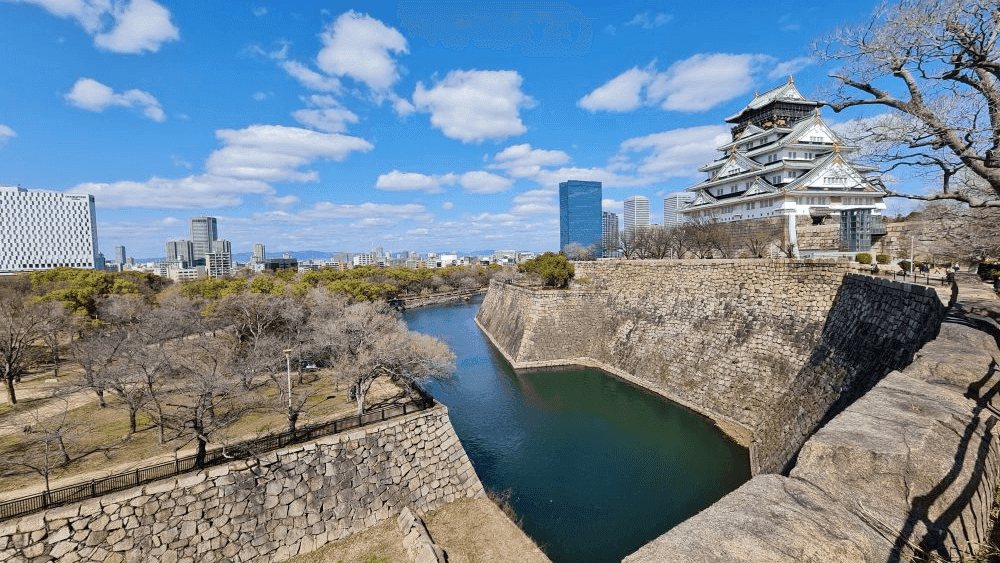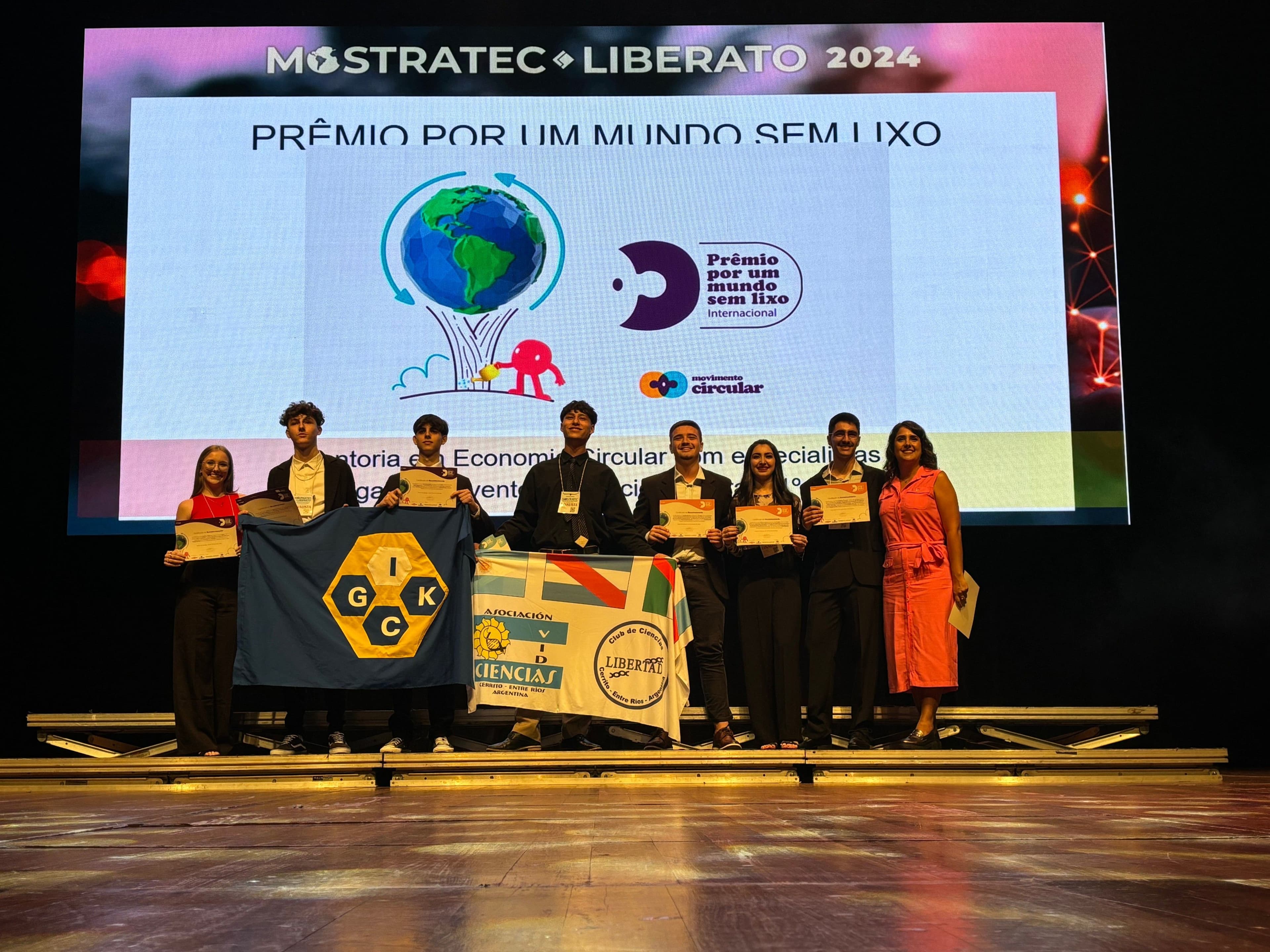
25/11/2024
Circular Movement and Mostratec join forces to strengthen the Circular Economy with the awarding of innovative projects
Circular Movement and Scania promote the International “World Without Waste” Award; Initiative Involves Students from 12 Countries and 21 Brazilian States.
By Arlene Carvalho, Circular Movement
For the first time, Circular Movement participated in the Mostratec, the International Science and Technology Exhibition in Novo Hamburgo (RS), Brazil, considered the largest fair in Latin America, with the 2024 International “World Without Waste” award — a project partnered with several young scientist fairs across Latin America.
With this initiative, supported by Scania, Circular Movement aims to identify, value, and give visibility to innovative solutions created by students and educators that promote the transition to circularity, seeing waste not as garbage, but as opportunities. This year, four projects were recognized.
Students from 12 countries (Argentina, Brazil, Colombia, Denmark, Mexico, Paraguay, Peru, Portugal, Switzerland, Taiwan, Tunisia, and Ukraine) and 21 Brazilian states participated.
Mostratec is held annually by Fundação Liberato and involves young scientists from Kindergarten to High School, including Technical Vocational Education at the High School level.
For Maria Carolina Stenico, coordinator of the International World Without Waste Award, participating in Mostratec was an incredible and emotional experience.
“At every booth, innovative projects from students around the world showcased talent and a desire to create alternatives for a more circular future. The energy at the award ceremony was contagious—seeing the sparkle in the eyes of each young person as they received recognition for their work was inspiring. This event not only reinforces the positive impact of the International World Without Waste Award, but also highlights the strength of this generation in transforming the world with incredible ideas,” she notes.
Vinicius Saraceni, general director of Movimento Circular, emphasizes the importance of the partnership with Scania to expand the reach of the award.
“The challenges we face are an invitation for innovation and circularity. The International World Without Waste Award echoes the solutions that the thousands of young participants are proposing for sustainability and the regeneration of the planet. And all of this is made possible by the support and sponsorship of Scania, a company committed to the circularity agenda, and Dow, a pioneering partner of the Circular Movement,” he emphasizes.
Patrícia Acioli, Director of Sustainability at Scania Group, highlights that the International World Without Waste Award shows how youth are bringing solutions for the present.
“We often associate the future with young people, but they are already contributing to the now. The International World Without Waste Award is an open and inclusive stimulus, reaching a diversity of schools and realities. Science fairs are an opportunity for the world to observe and admire these solutions. We believe Brazil needs to encourage education, and the award also fulfills this role. These initiatives give young people the chance to grow and transform their realities. They are already thinking about innovation and circularity together, working side by side to solve societal challenges.”
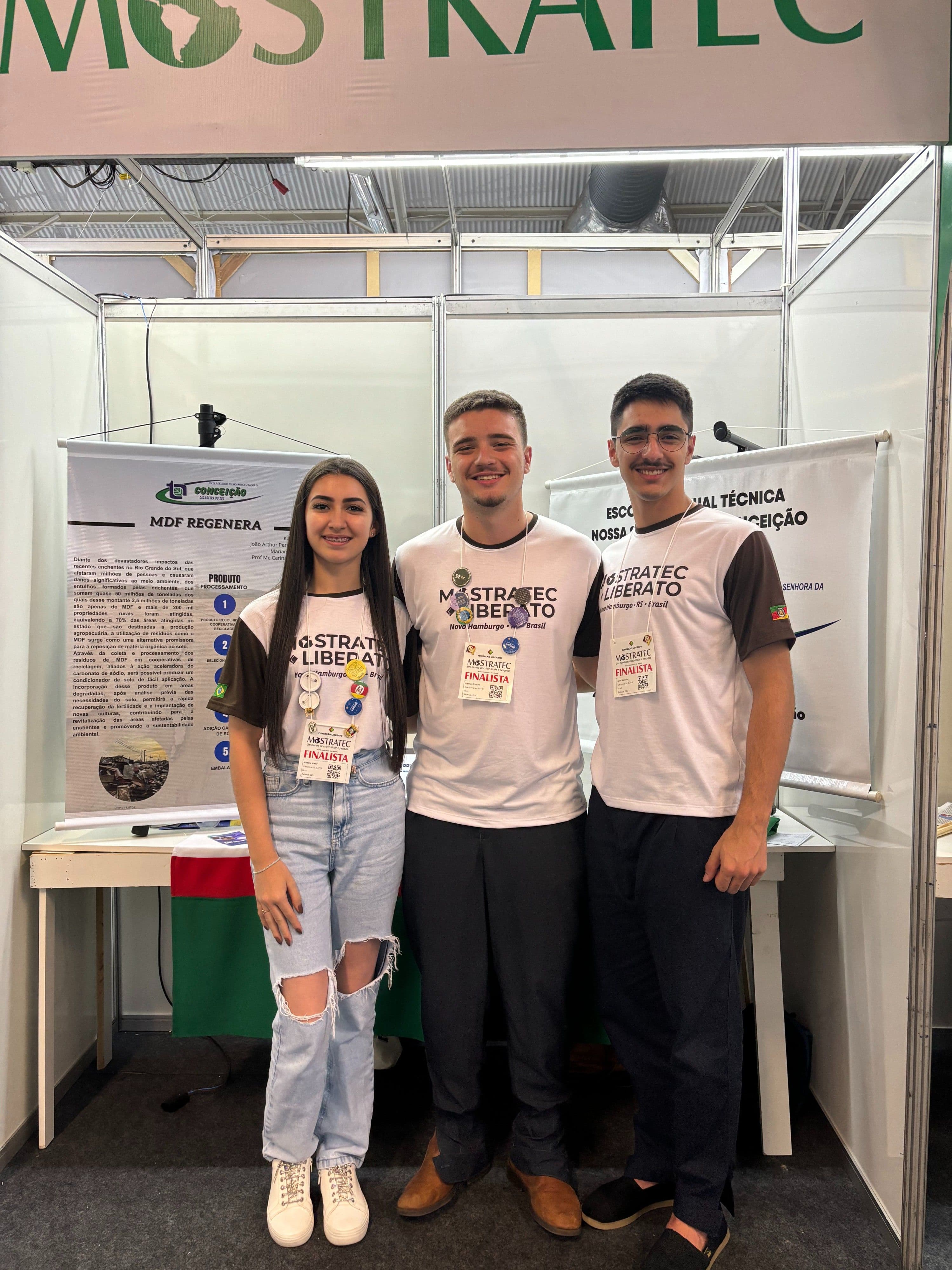
The winners of the International World Without Waste Award at Mostratec are from Rio Grande do Sul. Photo: Reproduction/Movimento Circular
Check out the winners and honorable mentions:
1st Place: MDF Regenera: Use of MDF (Medium Density Fiberboard) from floods in the state of Rio Grande do Sul as an alternative to recover leached soils, Escola Estadual Técnica Nossa Senhora da Conceição, Cachoeira do Sul, RS, Brazil
The first-place project proposes an innovative solution for recovering soils degraded by floods, using MDF waste and sodium carbonate. In response to extreme weather events, such as the floods in Rio Grande do Sul in May 2024, the initiative aims to reuse MDF waste to produce a soil conditioner that restores organic matter and essential nutrients, aiding in soil fertility restoration.
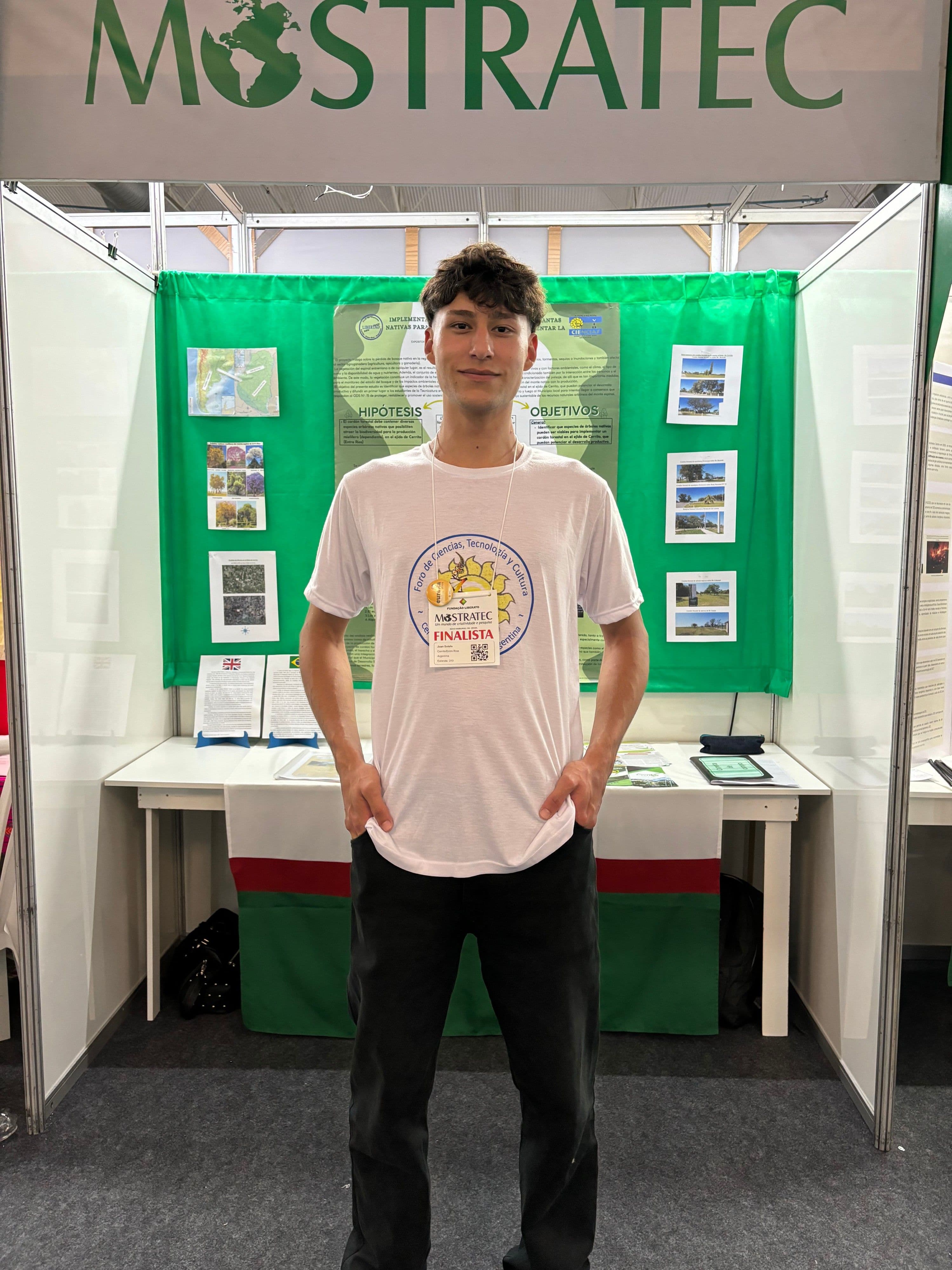
The second place came directly from Argentina. Photo: Reproduction/Movimento Circular
2nd Place: Implementation of a Forest Strip of Native Plants to Recover Biodiversity and Increase Honey Production. Club de Ciencias Libertad, Entre Ríos, Argentina
The project studied the loss of native forests in the city of Entre Ríos, Argentina, highlighting how agricultural expansion, particularly soybean production, led to significant deforestation. To address environmental impacts, it proposed creating a “forest strip” with native species to promote biodiversity and honey production. Species such as jacaranda and lapacho were suggested to regenerate the habitat, balancing environmental conservation with local economic activities like beekeeping.
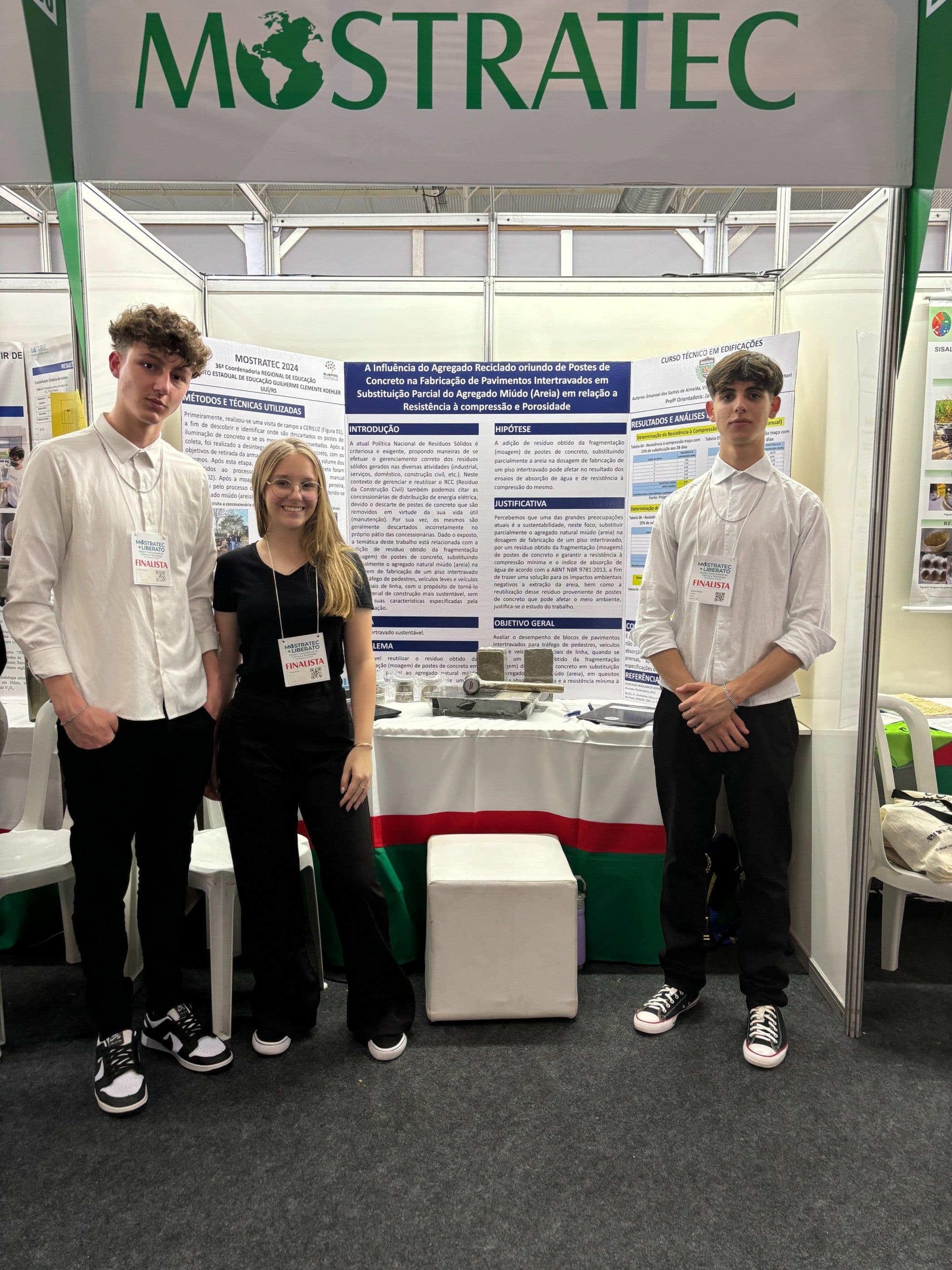
3rd Place: The Influence of Recycled Aggregate from Concrete Poles in the Production of Interlocking Pavements as a Partial Replacement for Fine Aggregate (Sand) in Terms of Compressive Strength and Porosity. Instituto Estadual de Educação Guilherme Clemente Koehler, Ijuí, RS.
The research analyzed the reuse of discarded concrete poles as recycled aggregate in the production of interlocking pavements. After visiting the CERILUZ cooperative, discarded concrete poles were collected, crushed, and sieved, replacing 15% and 30% of sand in the concrete mixtures for pavements. The tests showed that the manually produced blocks did not meet the requirements for strength and water absorption, but mechanical production achieved good results, demonstrating the potential of waste for new pavement production.
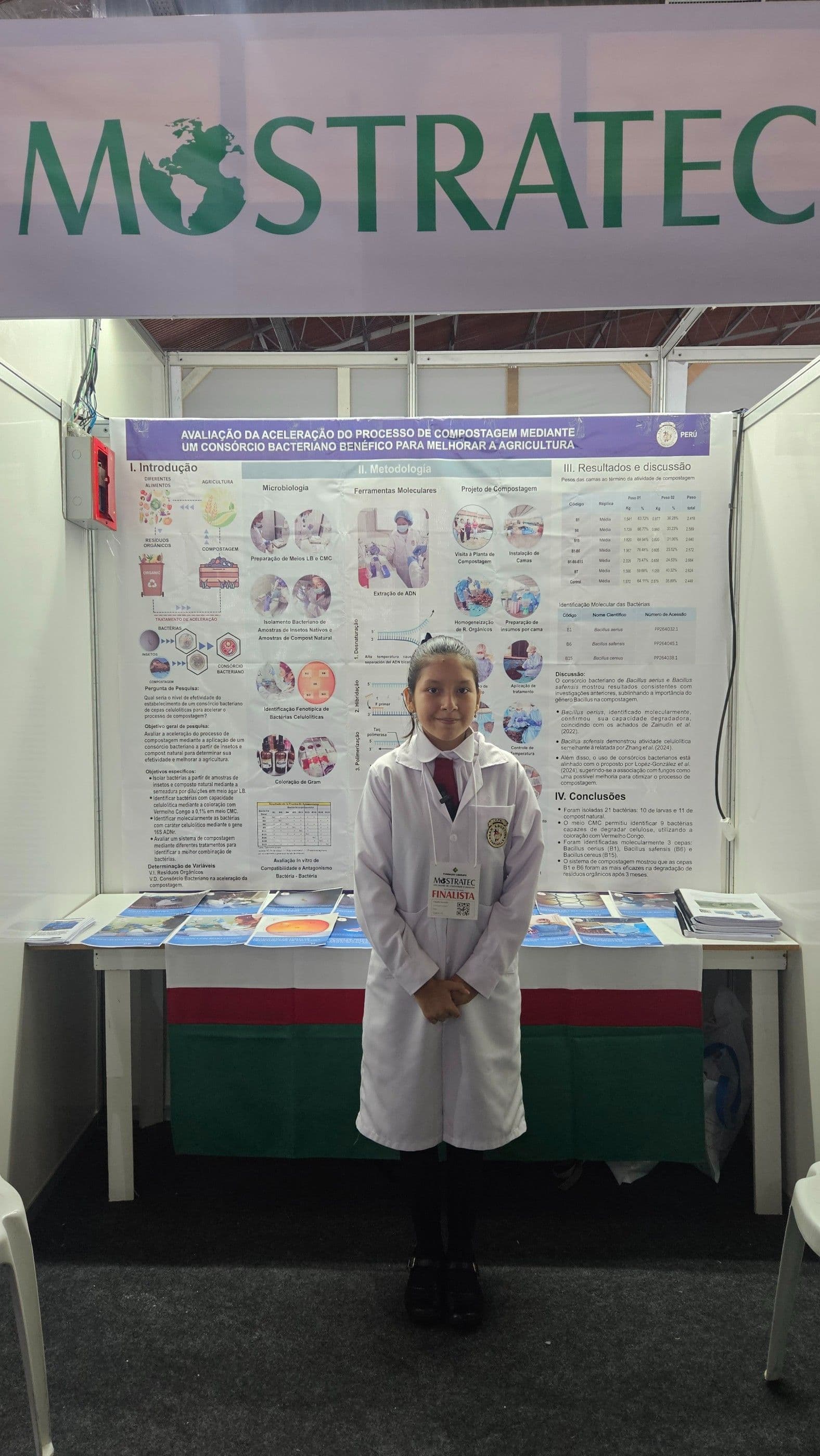
Honorable Mention: Acelerox: Evaluation of Composting Acceleration Through a Beneficial Bacterial Consortium to Improve Agriculture. Institución Educativa Parroquial, San Agustín, Peru.
The research, which received an honorable mention at the 2024 International World Without Waste Award, explored accelerating the composting process using a bacterial consortium of cellulolytic strains. The study developed a consortium of bacteria from insect digestive tracts and natural composting, focusing on cellulose degradation, the main component of organic matter. The isolated bacteria were cultivated in specific media and identified as Bacillus aerius (B1), Bacillus safensis (B6), and Bacillus cereus (B15). This method aims to optimize nutrient acquisition, contributing to the Circular Economy of organic waste in agriculture.
Circular Movement’s participation in Mostratec represents a significant milestone in promoting the Circular Economy and recognizing initiatives developed by young talents from various countries. The awarded projects demonstrated the students’ ability to turn environmental challenges into opportunities, showcasing the importance of initiatives focused on soil recovery, biodiversity, and waste reuse. These proposals not only present creative and effective solutions but also reaffirm the commitment of the Circular Movement and Scania to promoting a more conscious and circular society.
About Scania
Scania is a global leader in sustainable transport solutions, with a 128-year history in manufacturing heavy trucks, buses, and industrial and marine engines. Together with its partners and customers, Scania is committed to leading the shift to a more sustainable transport ecosystem, creating a better world of mobility for businesses, society, and the environment.
About Circular Movement
Created in 2020, Circular Movement is a collaborative ecosystem committed to encouraging the transition from a linear to a circular economy. The idea that all resources can be reused and transformed is the motto of the Circular Economy, the basic concept of the movement. Circular Movement is an open initiative that promotes collaborative spaces with the aim of informing individuals and institutions that a waste-free future is possible through education and culture, the adoption of new behaviors, inclusion, and the development of new processes, products, and attitudes. The work is done in partnership with Dow, a chemical, plastics, and agricultural products company based in Michigan, USA. Circular Movement currently impacts 2 million people through its activations and content.
And you? Do you want to learn more about Circular Economy?
If you are interested in learning more about this topic, access Circular Academy, the first free Latin American course on Circular Economy aimed at the general public. Together, in partnership and collaboration, we can make a difference in building a more circular planet.
